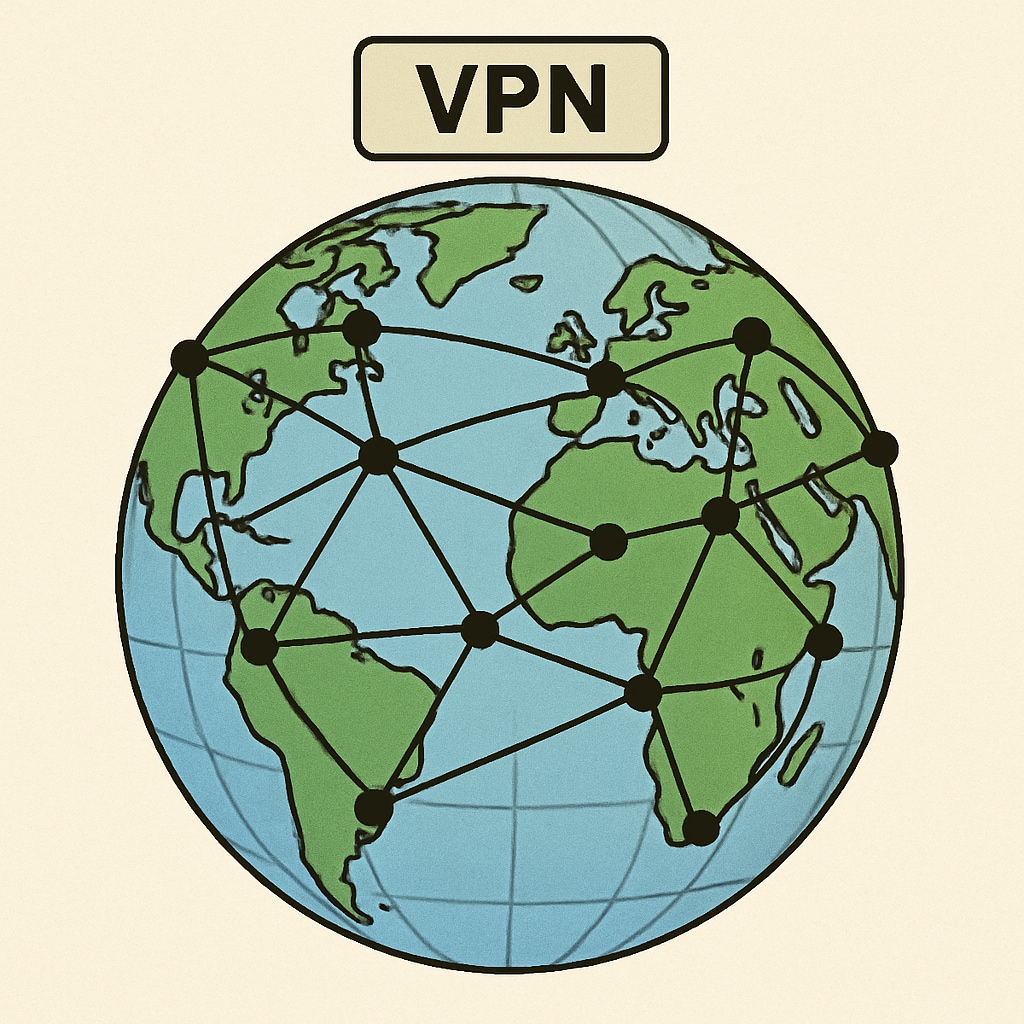The introduction of the UK’s age verification law, aimed at regulating access to explicit content, has had unintended consequences on internet usage patterns. Among these, the most significant is the increased reliance on Virtual Private Networks (VPNs). This article delves into the factors driving this trend, the implications for privacy, and the broader impact of the legislation on online behavior.

Understanding the UK’s Age Verification Law
The UK’s age verification law, designed to limit access to adult content for individuals under 18, requires websites to verify users’ ages through means such as government-issued IDs or credit card details. While the intent is to protect minors, critics argue that the law raises concerns over data privacy and access to sensitive personal information. For more details on the principles behind age verification, visit Age Verification on Wikipedia.
As a result of these requirements, many individuals have turned to VPNs to bypass age verification systems. VPNs allow users to mask their location and access content without submitting personal identification, thereby circumventing the law’s restrictions.
Why VPN Usage Has Increased
The surge in VPN adoption following the implementation of the age verification law can be attributed to several factors:
- Privacy Concerns: Users are wary of providing sensitive information, fearing data breaches or misuse.
- Access to Restricted Content: VPNs enable users to bypass digital barriers and access content freely.
- Ease of Use: VPN services have become more accessible and user-friendly, making them a practical solution for avoiding restrictions.
For a deeper understanding of how VPNs operate, check out Virtual Private Network on Britannica.

Broader Implications of Increased VPN Usage
While VPNs offer a convenient workaround, their growing popularity raises several concerns:
- Regulatory Challenges: Governments may struggle to enforce laws when VPNs undermine their effectiveness.
- Data Security Risks: Free or untrustworthy VPN services could expose users to malware and data theft.
- Ethical Concerns: Bypassing age verification systems may inadvertently allow minors to access restricted content.
As a result, the age verification law may unintentionally promote a culture of digital circumvention, challenging the balance between regulation and individual freedoms.
Conclusion
The UK’s age verification law has undoubtedly reshaped online behaviors, with VPN usage emerging as a key trend. While the law’s intent is noble, its execution requires careful consideration to address privacy concerns and unintended consequences. Moving forward, policymakers must find ways to balance protection with accessibility, ensuring that digital solutions uphold both privacy and regulation.
Readability guidance: This article uses concise paragraphs, lists, and transitions to improve clarity. It maintains an active voice and prioritizes accessible language for broader comprehension.


